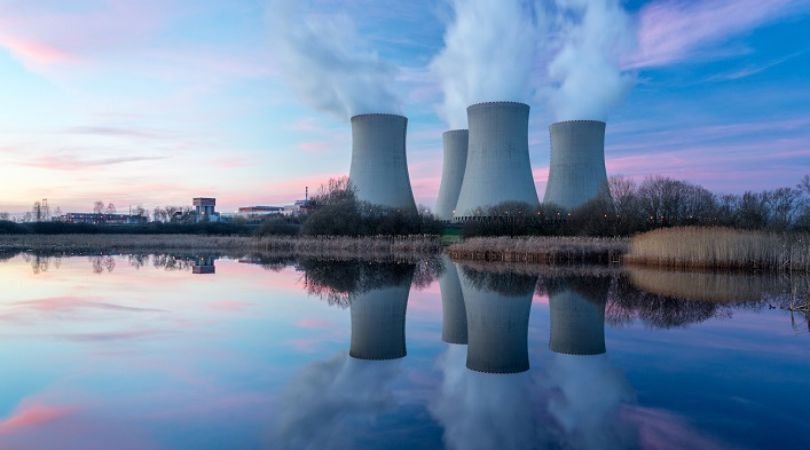Yuriy Sapozhnykov, Chairman of the Board of the Kyiv-based Energoproekt Institute, noted that the design life of Rivne NPP units 1 and 2 expired in 2009 and 2010. After that, it was decided to extend their operation for another 20 years, i.e. until the end of 2029 and 2030, respectively. At the same time, another lifetime extension is already planned – for about 10 years, which will allow the plant to operate until 2039-2040.
According to the expert, the total service life of 60 years for nuclear power units is a very good result, which indicates high-quality operation and modernization. However, Sapozhnikov is skeptical about the possibility of further extension beyond 2040. He explains that, despite his support for extending the service life and modernizing equipment, there is an objective limit – the materials of the reactor vessel, which cannot be replaced even if desired. It is this factor that limits the further use of old units.
Therefore, according to him, it is necessary to prepare now for the fact that these two power units will be decommissioned in 2039-2040.
To avoid being left without replacement capacity, the Ministry of Energy of Ukraine and Energoatom plan to start building new power units. In the short term, they are considering the completion of units 3 and 4 at Khmelnytsky NPP, which were partially built in Soviet times. According to Sapozhnykov, it may take up to five years to complete these facilities if the state makes the appropriate decisions and finances the project.
This indicates that Ukraine is already preparing for a phased renewal of its nuclear power fleet, gradually decommissioning outdated units and planning to build new ones to ensure energy security in the future.


Stay connected